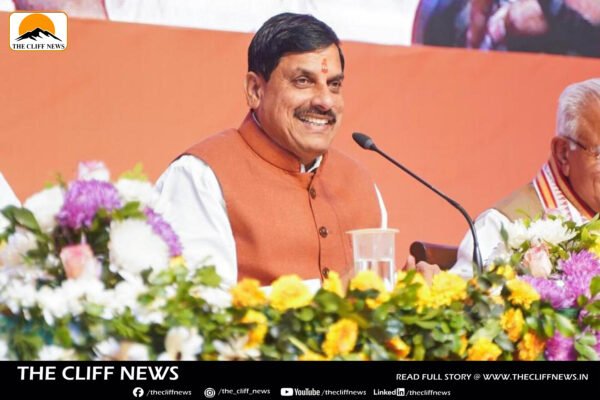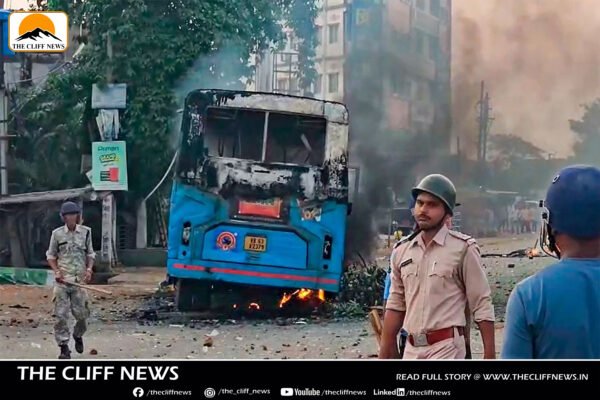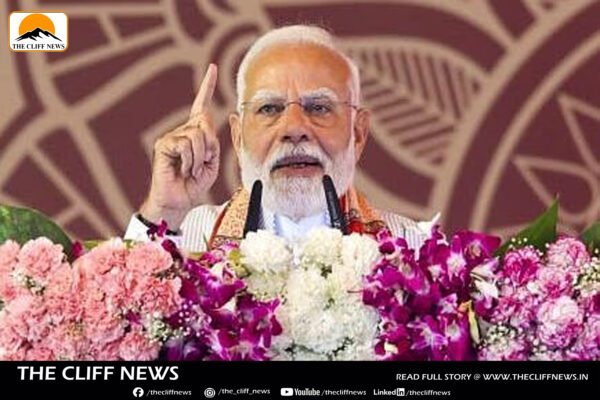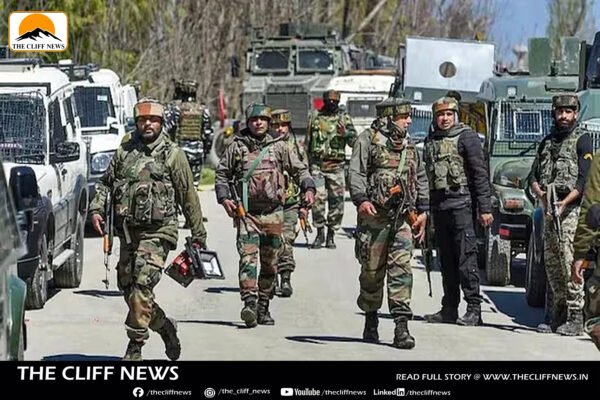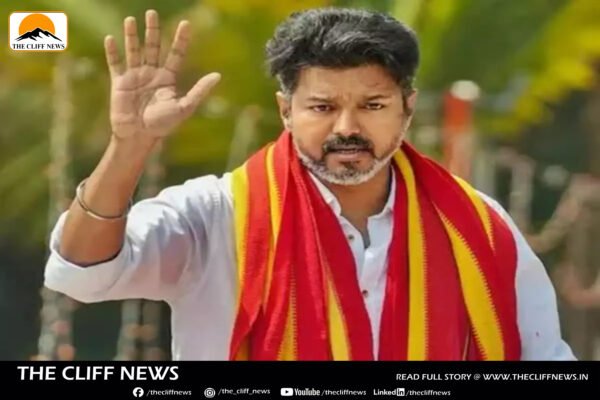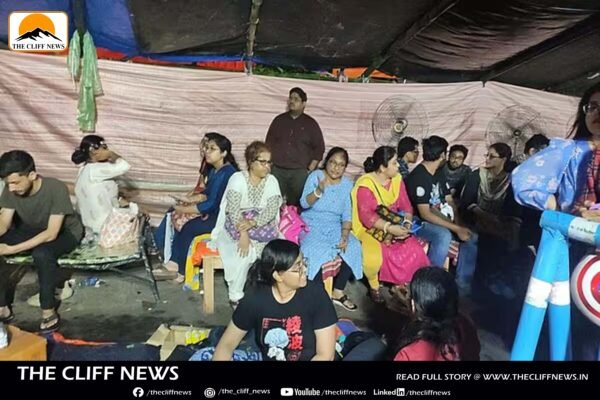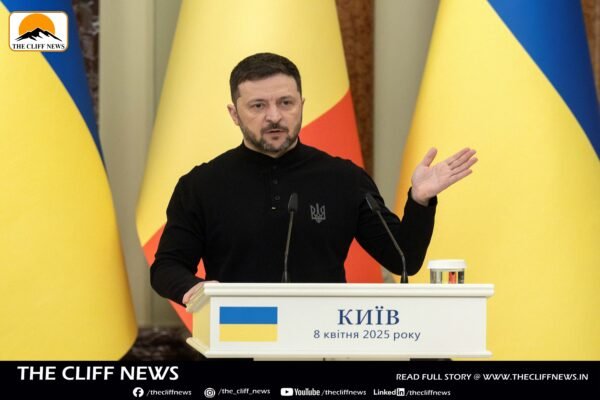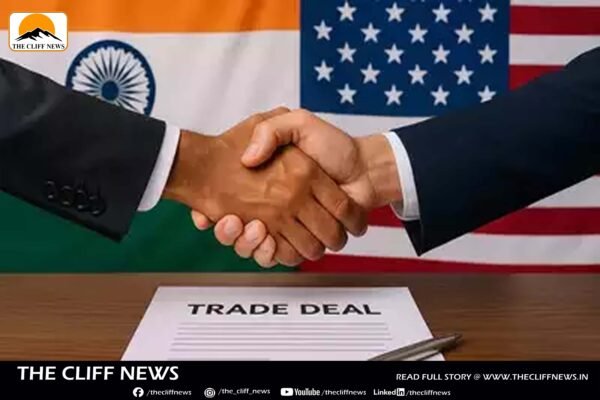Cybercrime: Online Dating Scams and Sextortion Rackets on the Rise
Authorities have arrested two individuals in connection with an online dating scam racket, with suspicions that more people may be involved. These scams involve cybercriminals manipulating individuals’ vulnerabilities by creating fake romantic or sexual relationships online. Once victims become emotionally invested, the scammers exploit them, often using shared photographs and personal information to blackmail the victim. A police officer explained, “The victims get blindsided by their emotions and want to fulfil every wish of the other person without realizing they are bleeding money. By the time they become aware, it is already too late.” The scam can target both men and women, with fake profiles being created to deceive them. According to cybersecurity experts, one common tactic employed by scammers is to quickly profess love while avoiding in-person meetings. “If a person you have met online keeps giving excuses to meet in person, then most likely he or she is not who they are claiming to be,” stated a police officer. For those new to online dating, police advise caution. “Make a reverse image search of the person you have started dating online,” recommended an officer. Scammers frequently create new profiles, and those looking for genuine connections should be wary of newly established accounts. The sextortion racket that is central to these scams began in Bharatpur, Rajasthan, and has since spread to multiple parts of India, including Kolkata. Some of the arrested individuals trace their activities back to Bharatpur, where they were either trained or are directly involved in running these illicit operations. Police have also issued safety advice for online daters. “While chatting online, personal details should not be shared. Most of these scammers are targeting multiple victims, making it difficult for them to keep track of their fabricated stories. Look for any loopholes in their narratives,” said an officer. The rise of such online scams highlights the importance of vigilance and awareness, especially when engaging in virtual relationships. Authorities urge individuals to exercise caution and verify the authenticity of people they meet on online dating platforms.


